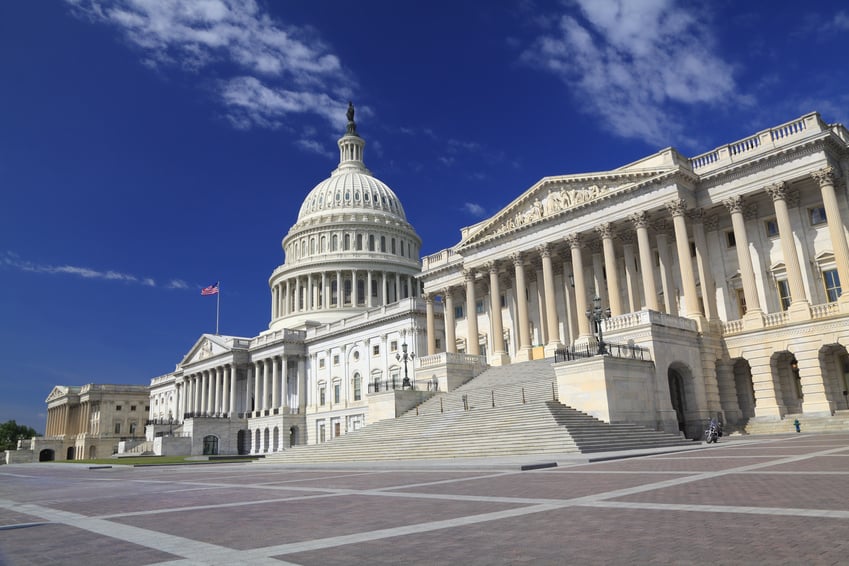Last week the SEC published new proposed rules and amendments to address certain conflicts of interest associated with the use of Predictive Data Analytics by broker-dealers and investment advisers in interactions with investors. The wide-ranging proposal would require firms to implement detailed policies and procedures to identify and “eliminate or neutralize” the effects of such conflicts of interest.
On 13 July 2023, Judge Analisa Torres of the Southern District of New York issued an Order on competing motions for summary judgment in the closely followed SEC v. Ripple Labs, Inc. litigation. As the first court decision to broadly address the question of whether a cryptocurrency itself is a security, as the SEC has maintained in most circumstances, the Order may have broad implications to the state of crypto industry regulation in the US.
In this edition of Bite-size Briefings, we take a bite-size look at the latest developments concerning AI regulation as it affects financial services in Australia, the EU, Hong Kong SAR, Thailand, the UK and the US.
On 14 December 2022, the Securities and Exchange Commission proposed four separate rulemakings under the Securities Exchange Act of 1934 that would create a federally defined best execution standard for broker-dealers and overhaul the US equities market structure. If adopted in their current form, these proposals would meaningfully impact market participants and practices. Given the nearly 1,700 pages of combined rules proposals, firms may need to devote significant resources just to digest their potential impact on particular business models. In a series of Client Alerts, baker McKenzie associates attempt to dissect each of these Market Structure Proposals. This Client Alert provides an overview, insights, and key takeaways for the Order Competition Rule Proposal.
On 14 December 2022, the Securities and Exchange Commission proposed four separate rulemakings under the Securities Exchange Act of 1934 that would create a federally defined best execution standard for broker-dealers and overhaul the US equities market structure. If adopted in their current form, these proposals would meaningfully impact market participants and practices. Given the nearly 1,700 pages of combined rules proposals, firms may need to devote significant resources just to digest their potential impact on particular business models.
Across sectors and industries, from start-ups to multinationals, companies everywhere are talking about their sustainability credentials — and in particular, their intention to reach net-zero. Businesses have recognized that a net-zero pledge can be a powerful public message, in the face of growing pressure to tackle the climate crisis and an expectation that business be part of the solution. But amidst all the rhetoric, how much progress are we really making? Are we on course to reach net-zero by 2050, or are businesses simply jumping on the bandwagon on the road to net nowhere? We surveyed 1,000 business leaders to find out more.
This edition of Bite-size Briefings explores the regulation of crypto (or digital) assets across a number of jurisdictions: Australia, Brazil, Hong Kong SAR, Singapore, the UK and the US.
On 21 March 2022, the US Securities and Exchange Commission issued its long-awaited proposed rules that, if adopted as currently drafted, would mandate both domestic and foreign registrants to make a variety of climate-related impacts and risk disclosures in registration statements and annual filings under the Securities Exchange Act of 1934.
The Financial Services Regulatory (FSR) Momentum Monitor is a horizon-scanning tool enabling financial service providers to plan and prepare for coming developments across the jurisdictions in which they operate. Grouping upcoming changes into key business-relevant themes, the FSR Momentum Monitor highlights the extent and expected impact of upcoming regulatory intervention in multiple jurisdictions across the globe.
This series of ESG-focused thought leadership webinars will share insights and practical guidance for businesses considering what ESG means for them. Set out are details of our forthcoming demystifying ESG webinar series for 2022 including: regulations, executive pay, climate change, strategic initiatives and corporate responsibility.








